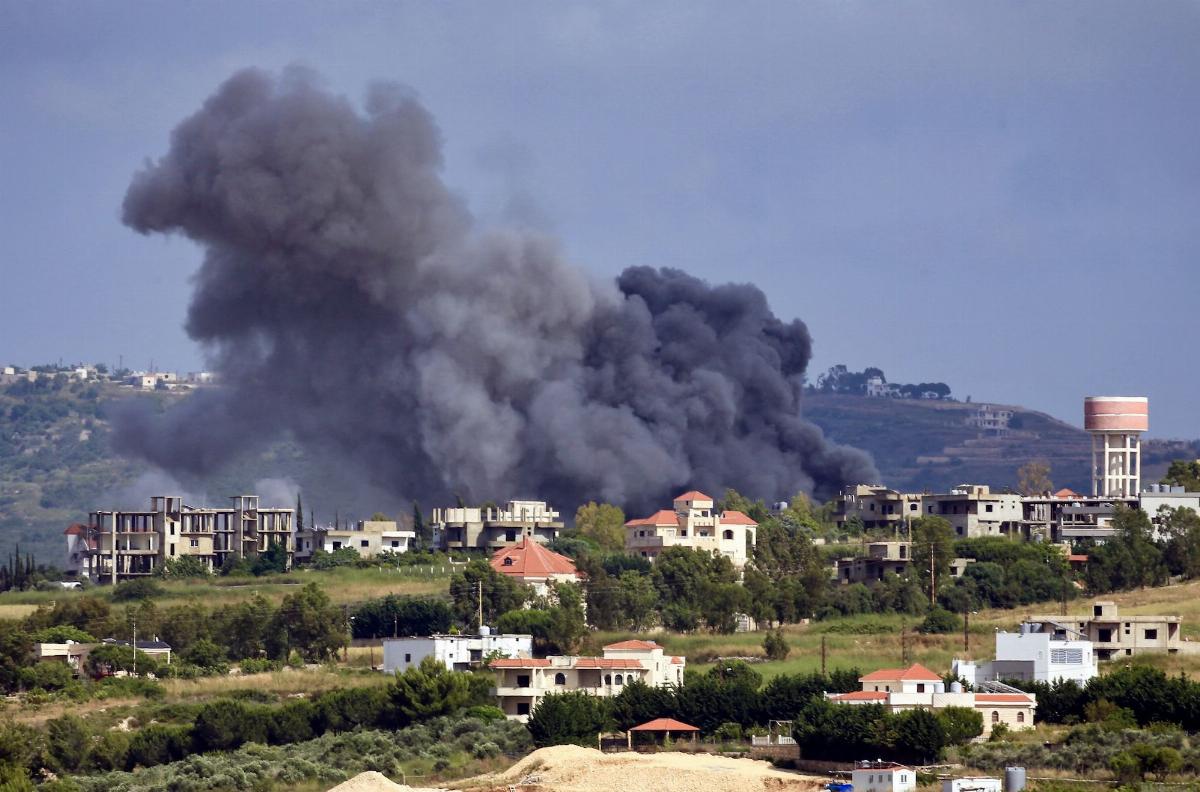
Tensions rise between Israel and Hezbollah as conflict escalates
The conflict between Israel and Hezbollah has intensified, with recent military exchanges heightening concerns of an impending war. An Israeli strike on the southern suburbs of Beirut on Saturday resulted in the deaths of 14 individuals, including a senior Hezbollah commander, and left 66 others injured. In retaliation, Hezbollah reportedly launched rockets at the Ramat David airbase near Haifa, Israel. Following these events, the Israeli military claimed to have conducted approximately 400 attacks on Lebanon overnight on Sunday.
This escalation comes as Israel shifts its focus to confronting Hezbollah, which has been involved in ongoing exchanges of fire since the start of Israel’s military operations in Gaza in October. Recent attacks on Hezbollah's communication systems, attributed to Israel, have prompted calls within Hezbollah for a strong response. Israeli Defense Minister Yoav Gallant indicated that Israel is entering a “new phase” in its conflict with Gaza, announcing the deployment of a significant number of troops to bolster forces along the Lebanese border.
The backdrop of this situation includes a complex network of alliances. Iran, a key supporter of Hezbollah, has a long history of cooperation with the group, and both sides share a common adversary in Israel. Israel's military actions are often framed as part of a broader struggle against Iranian influence in the region. Despite ongoing tensions, Iran's response to Israeli provocations has thus far been measured.
The potential for further escalation remains high. Analysts suggest that the latest attacks on Hezbollah's communication systems may have significant repercussions. While Iran has promised a strong response to attacks on Hezbollah, the United States has maintained its support for Israel while navigating its own complex relationship with Iran.
As the conflict unfolds, the situation in northern Israel remains precarious. Approximately 60,000 residents have been evacuated from the area, anticipating a potential offensive from Hezbollah. Concerns have been raised regarding Israeli Prime Minister Benjamin Netanyahu’s handling of the situation, with accusations that he may be prolonging the conflict for political gain.
Political analysts have described the current environment as a precarious game of brinkmanship, with no clear strategy emerging from Israeli leadership. The ongoing exchanges of fire and military posturing between Israel and Hezbollah suggest that the region may be on the brink of a broader confrontation, which could draw in additional regional and international actors.
Stichworte







